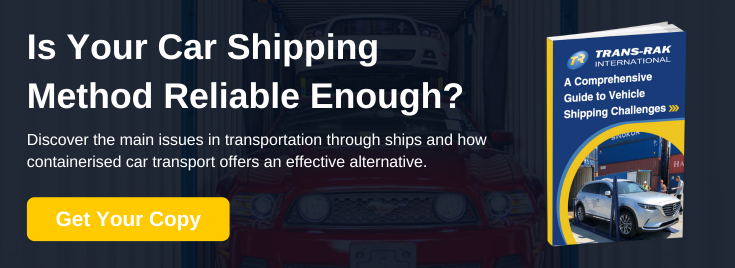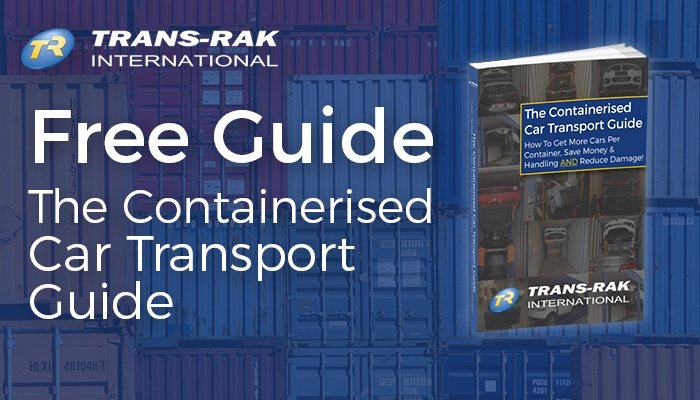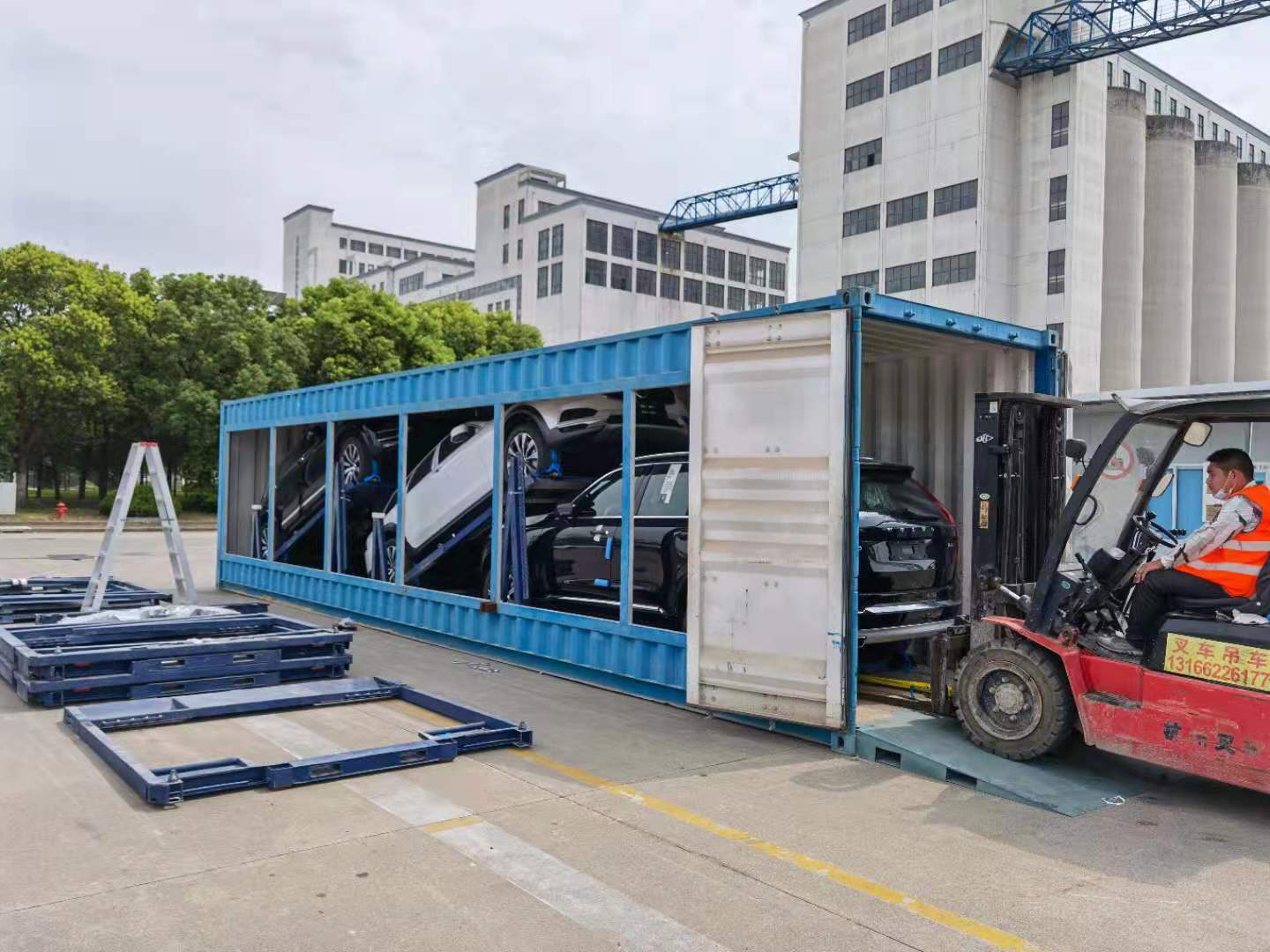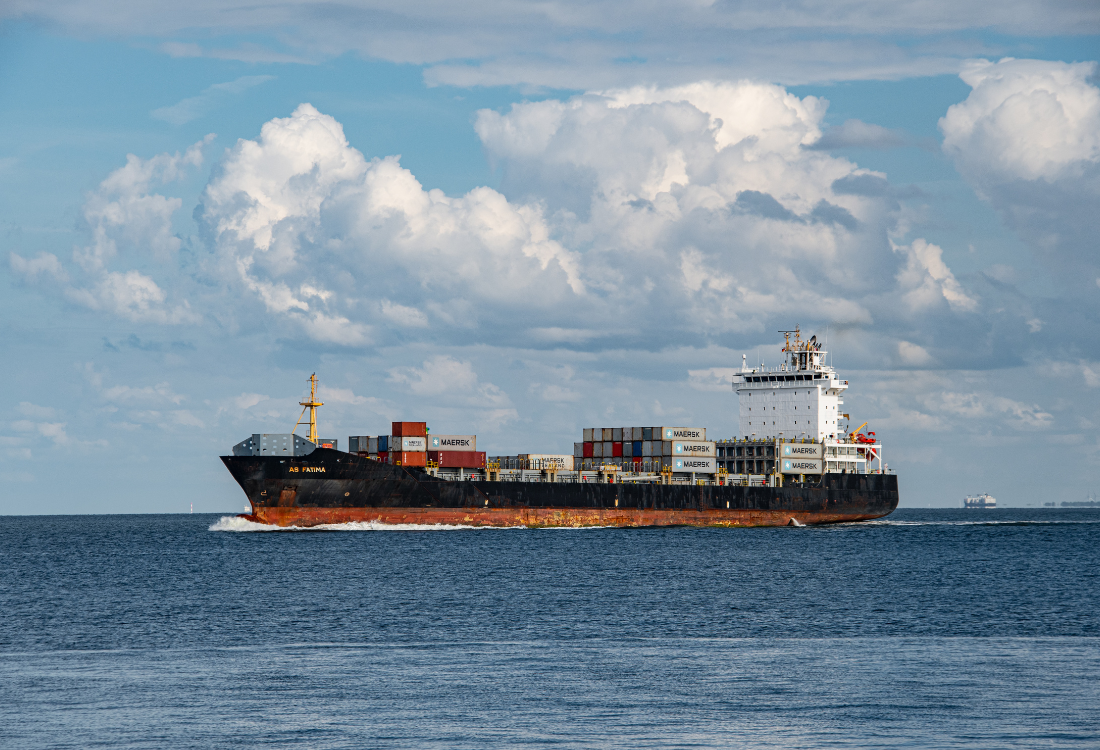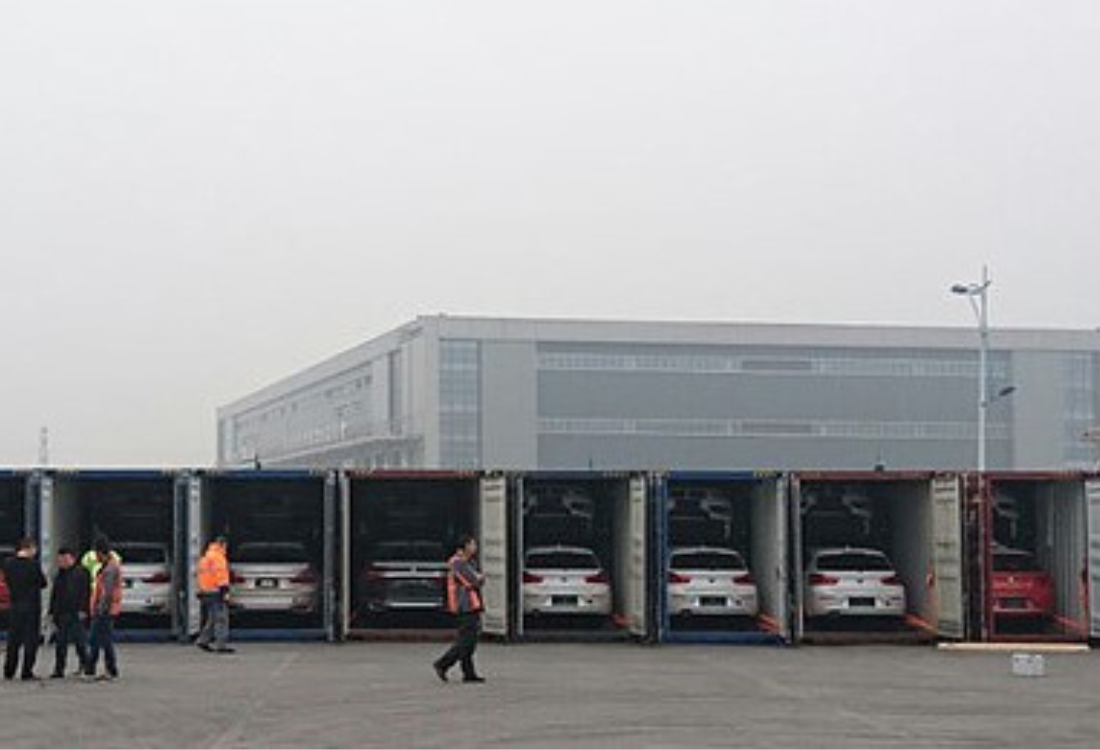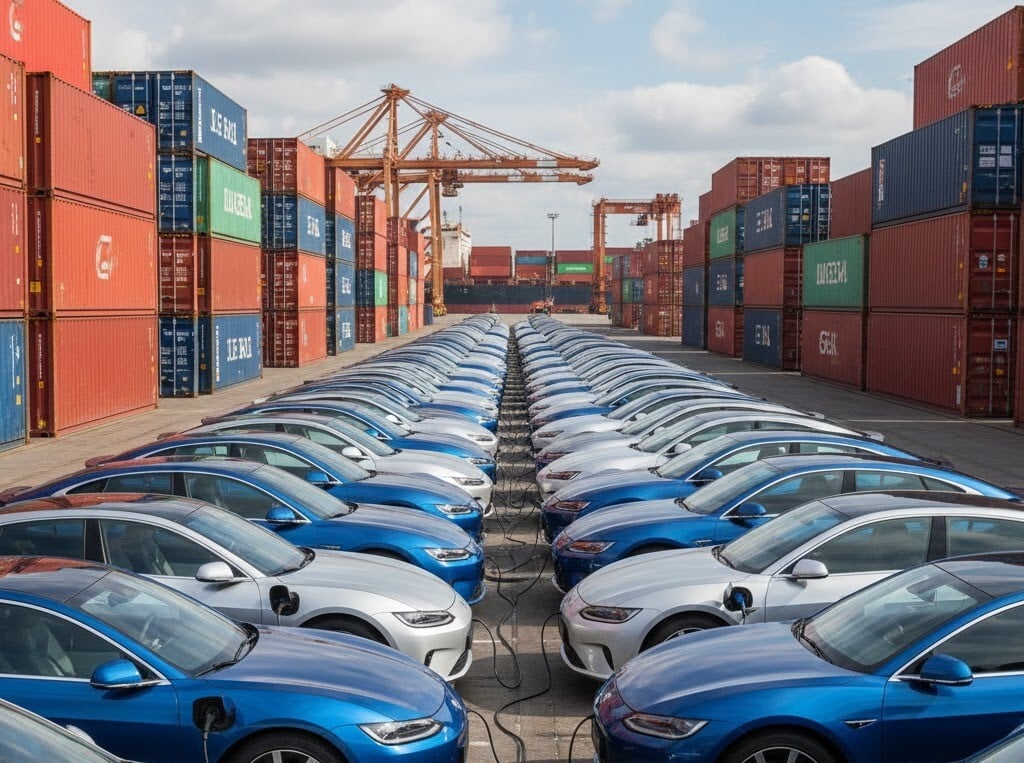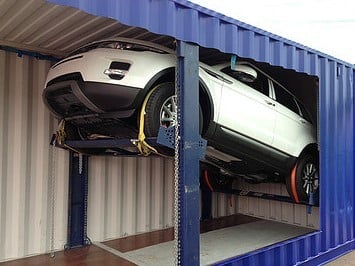
Global trade is in flux in 2025, and the finished vehicle Logistics (FVL) sector is feeling the strain.
Unexpected shifts in trade policies, tariffs, and compliance requirements are reshaping supply chains in several profound ways. With many OEMs now rethinking their logistics networks, adaptability has become a crucial survival skill. In this article, we look at the impact of trade uncertainty of global FVL supply chains, and how our innovative containerised solutions are helping businesses respond more creatively and effectively.
The Domino Effect Of Trade Shifts On Finished Vehicle Logistics
Finished Vehicle Logistics has always demanded a delicate balance of precision and efficiency. However, the current unpredictable trade landscape is introducing various new dynamics that complicate these operations. Some of the main factors to consider include:
Tariffs And Protectionist Policies
The introduction of import tariffs by Donald Trump’s administration in the United States has increased global cost across the FVL market. In many cases, high tariffs on imported vehicles and individual components have led to price hikes for consumers, forcing some OEMs to reroute production to more local markets or to prioritise domestic consumption. This reshuffling has caused inefficiencies in global supply chains and increased operational complexity. The solution being pursued by many automotive manufacturers is, unfortunately, even more complex, at least in the short-term. Some OEMs are adjusting their manufacturing site locations to within the United States to reduce exposure to tariffs and to streamline their export process. Moving vehicle production closer to target markets in North America or Europe, for example, can limit the company’s exposure to international trade frictions. Mid to long term, the shift could also simplify supply chain processes and lower risk in an uncertain trade environment.
Port Congestion And Route Disruption
With manufacturers racing to beat tariff deadlines, busy global ports such as Los Angeles, Seattle, and Long Beach have experienced huge surges in vessel traffic. This has led to a sequence of bottlenecks, longer dwell time for vessels, and higher costs for transport providers. Overcrowded ports put a strain on logistics systems at their origin which cascades throughout the supply chain, where unanticipated volume increases can overwhelm shipping schedules. To make matters worse, many shipping operators and port authorities have put infrastructure investments on hold due to tariff uncertainty, creating even greater problems on the horizon unless the issue is resolved.
One of the solutions to congestion explored by some manufacturers and logistics businesses is to increase the use of multimodal transport networks. Increasingly, finished cars and vehicles are being shipped using a multimodal approach that integrates road, rail, and sea networks. This often involves more changeovers and greater mileage than traditional routes, but can alleviate congestion at ports and avoid transport delays. Rail transport in which cars are containerised in shipping containers, for instance, is becoming a popular method of bypassing gridlocked road networks around busy ports, particularly those used by long haul shipping routes.
Compliance Challenges And Sustainability
Trade uncertainty makes it more problematic for logistics providers to keep up with constantly changing tariff rates and compliance regulations. For example, new rules surrounding Free Trade Zones and customs clearance have added new layers of regulatory oversight and documentation to an already red tape heavy sector. Adapting to these challenges frequently requires an overhaul of documentation processes and procedures, resource reallocation, and investment in new software infrastructure. Trade wars aren’t the only cause of this, however. The strong focus of some governments on sustainability – especially within the EU – has led to a strong push for alternative fuels and reduced carbon emissions among shipping companies, and is having a notable impact on logistics decisions.
In response, some operators are investing in more flexible vehicle processing solutions, in which vehicle processing centres make use of Free Trade Zones to defer import duties. While the setup for these processing centres can be expensive, these zones provide OEMs with an effective way to manage their costs while retaining network flexibility.
Unlocking Resilience In Times Of Uncertainty
Our Trans-Rak containerised racking solutions help manufacturers and logistics businesses break away from their traditional reliance on Roll-On Roll-Off shipping methods by increasing the viability of container shipping as an FVL method. Shipping containers increase the flexibility of FVL supply chains, being capable of rerouting across ports and regions with minimal disruption, giving businesses greater flexibility in congested and volatile conditions. This adaptability helps operations to remain on schedule and within budget despite shifting trade dynamics.
Find Out More
To find out more about our innovative racking systems and how they can support your logistics operation, please contact the team at Trans-Rak today by clicking here.
Image source: Canva


